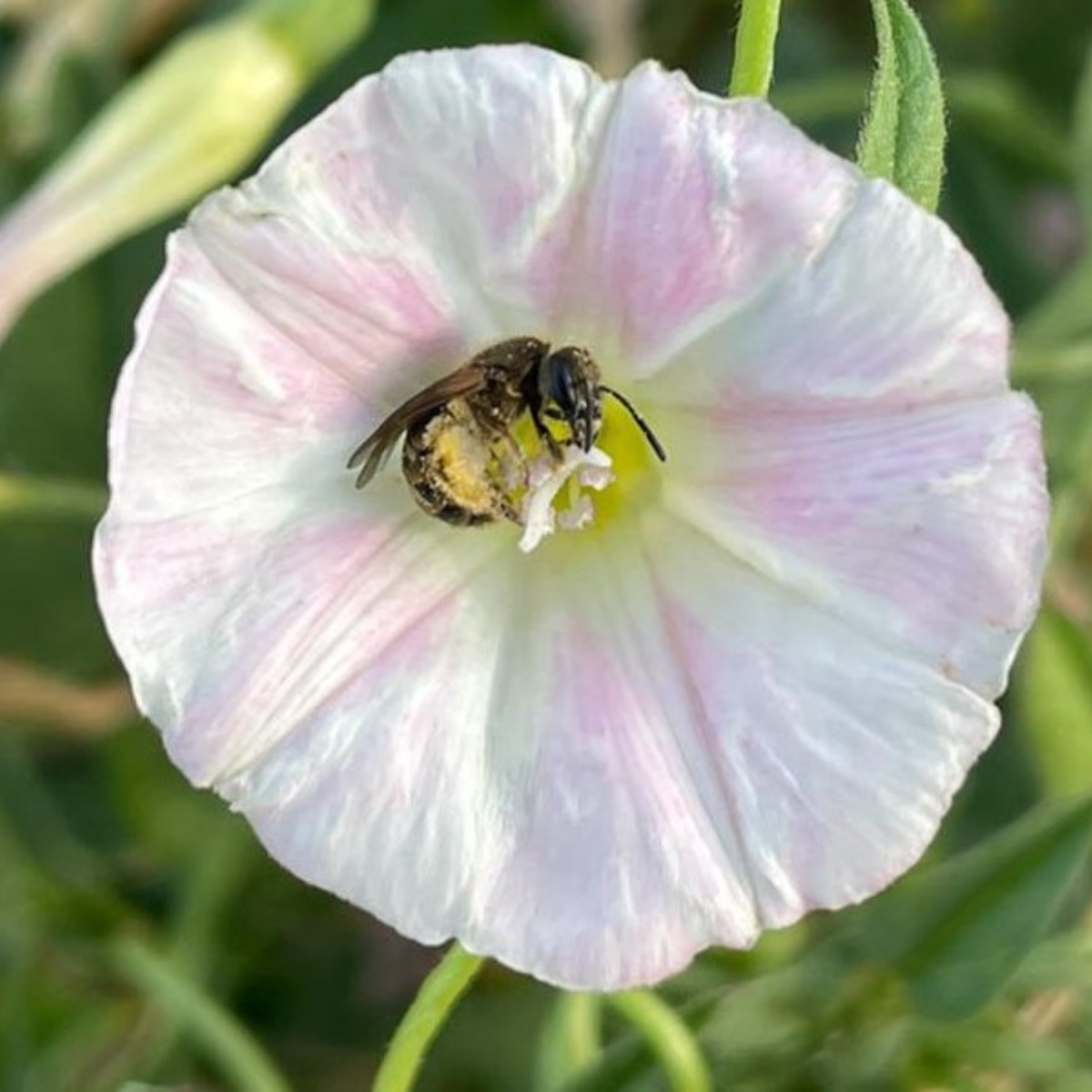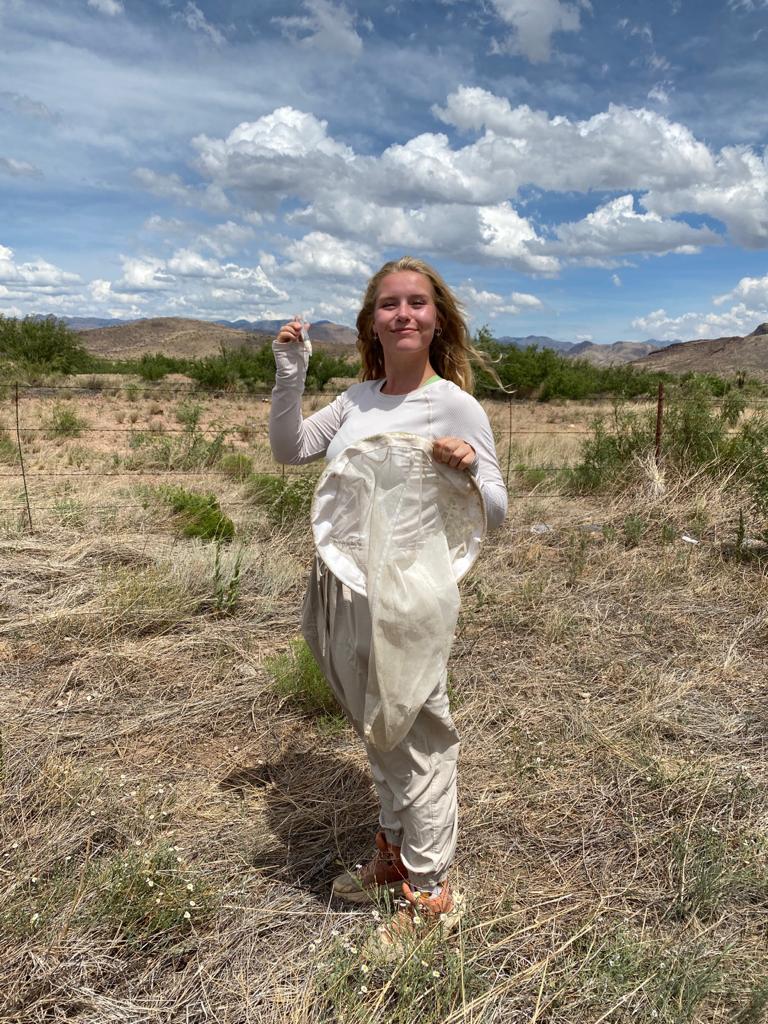New study on bees’ physiological response to extreme temperatures.

LAWRENCE – A recent University of Kansas study revealed that bees have limited capacity to enhance their heat tolerance via acclimation or prior heat exposure making them vulnerable to climate change. The findings were published in the journal Biology Open.
“Bees are the most important pollinators of plants, and understanding their responses to climate change is critical to be able to predict potential impacts on agriculture and food security,” said lead author Victor Gonzalez, associate teaching professor in Biology at the University of Kansas and research associate at the KU Biodiversity Institute and Natural History Museum.
The research team, led by Gonzalez, studied six wild bee species from the Greek Island of Lesvos by measuring changes in their heat tolerance in response to elevated temperatures and simulated heat waves. The study involved capturing live specimens in the field and conducting thermal experiments in the lab. The team discovered that bees were sensitive to the change in temperature and exhibited limited capacity to increase their heat tolerance.

“Bees must rely on their behavior, not on their physiology, to cope with heat waves,” Gonzalez said. We can help bees by conserving and restoring native vegetation that provides thermal refuges during these extreme weather events.
Gonzalez’s team included co-authors Natalie Herbison, a University of Kansas undergraduate biology student researcher, and Thomas Tscheulin and Theodora Petanidou, both from KU’s international partner, the University of the Aegean.